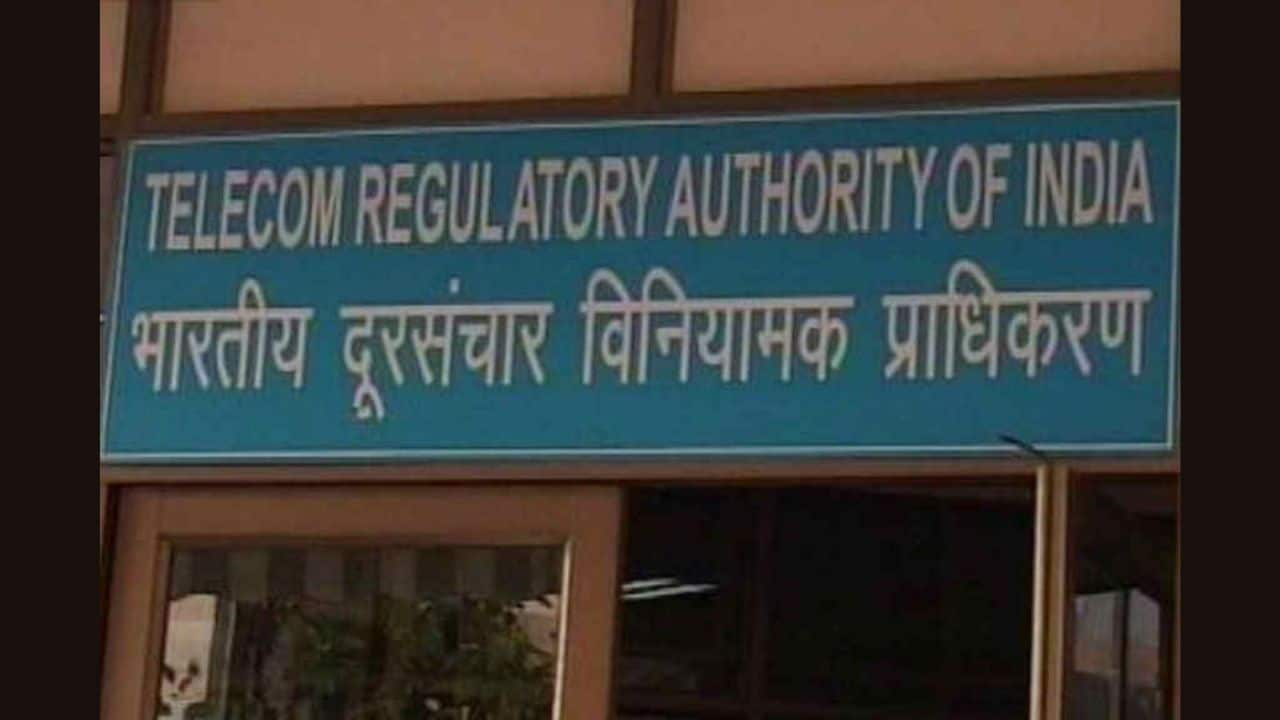Keeping in view the requests of a few stakeholders for an extension of time for submission of comments, TRAI has extended the deadline for inviting comment on its consultation paper on ‘The Issues Related to Critical Services in the M2M Sector, and Transfer of Ownership of M2M SIMs’. The last date for receiving written comments on the issues raised in the consultation paper from stakeholders is now fixed for August 19 for written comments and September 2 for the counter comments.
On June 24, TRAI requested feedback on the transfer of ownership of SIM cards used for machine-to-machine (M2M) communication, such as monitoring remote patients, diagnostic equipment, and alerts from surveillance systems.
The provision to transfer SIM ownership is available in case of consumers, but such norms are not there in the case of machine-to-machine (M2M) communications.
Subscriber Identity Modules (SIMs) are used for providing telecommunication services. A subscriber obtains a SIM from its access service provider when a new cellular mobile connection is activated in his name. SIMs contain communication profiles that uniquely identify cellular mobile subscriptions. As per the extant licensing framework in the country, the change in the name of subscriber, in the case of consumer mobile connections, is permitted only between the blood relations/ legal heirs.
In its consultation paper released on June 2, TRAI identified around 20 M2M services as critical in nature, including those relating to connected and autonomous cars/three-wheelers, mission-critical remote surgery, remote patient tracking/monitoring, remote diagnostics, remote control operations in mining, oil & gas sectors, energy/smart grid operations, defence networks, remote airline radar systems, services using warning sensors for disaster management and controlling networks of smart cities.
The regulator is also exploring views on defining critical applications for which SIM ownership transfer should be allowed.
TRAI earlier had fixed July 22 as the last date for comments and August 5 for the counter comments.
In the year 2023, the global M2M market of US$ 21.2 Billion14 contributed less than 1% to the global telecommunication market of US$2970.7 billion. For IoT and M2M to become technologically ubiquitous, much is yet to done by the stakeholders of the IoT ecosystem as well as the governments, and regulators.
In May 2015, the DoT published the National Telecom M2M Roadmap to outline the broad policy and regulatory approach to facilitate the M2M ecosystem in the country. In September 2017, TRAI in response to a reference from the DoT, sent its recommendations on ‘Spectrum, Roaming and QoS related requirements in Machine-to-Machine (M2M) Communications’. Based on TRAI’s recommendations of 2017, the DoT introduced a separate authorisation on M2M under Unified License Agreement in January 2022 and issued ‘Guidelines for Registration process of M2M Service.
